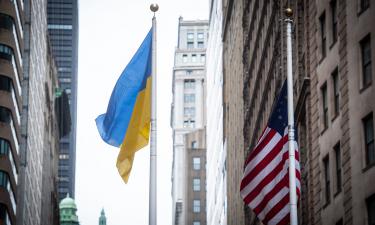Germans are beginning to have second thoughts
Now that Germans are on the verge of getting what they wanted, they're beginning to have second thoughts.
In last month's tight election and in recent opinion polls German voters have sent a clear message about the kind of government they prefer -- a consensus-driven "grand coalition" of the country's two largest parties.
On Monday, three weeks after the vote, a deal was finally struck between Germany's Christian Democrats (CDU) and Social Democrats (SPD) that ends a political deadlock and paves the way for just such a coalition under conservative Angela Merkel. The response on the streets of Germany and in the country's media? A collective groan.
"It was not the optimal solution, but there weren't any other options," said Irnar Arvid from Frankfurt, standing outside the Reichstag parliamentary building in the German capital. "We simply have to accept a grand coalition."
According to a poll on public broadcaster ARD, 75 percent of Germans said they regarded a union of Social Democrats and conservatives as an emergency solution. Only 30 percent said they were pleased that formal negotiations between the parties would now begin.
Yet expectations are high. Some 54 percent of the public believe a grand coalition would be well-placed to solve Germany's problems. Business, which expressed horror at the thought of a grand coalition before the Sept. 18 election, had also warmed up in recent weeks to the idea of a stable alliance that could clean up the budget and reform Germany's complex federal system, Reuters reports.
Subscribe to Pravda.Ru Telegram channel, Facebook, RSS!



